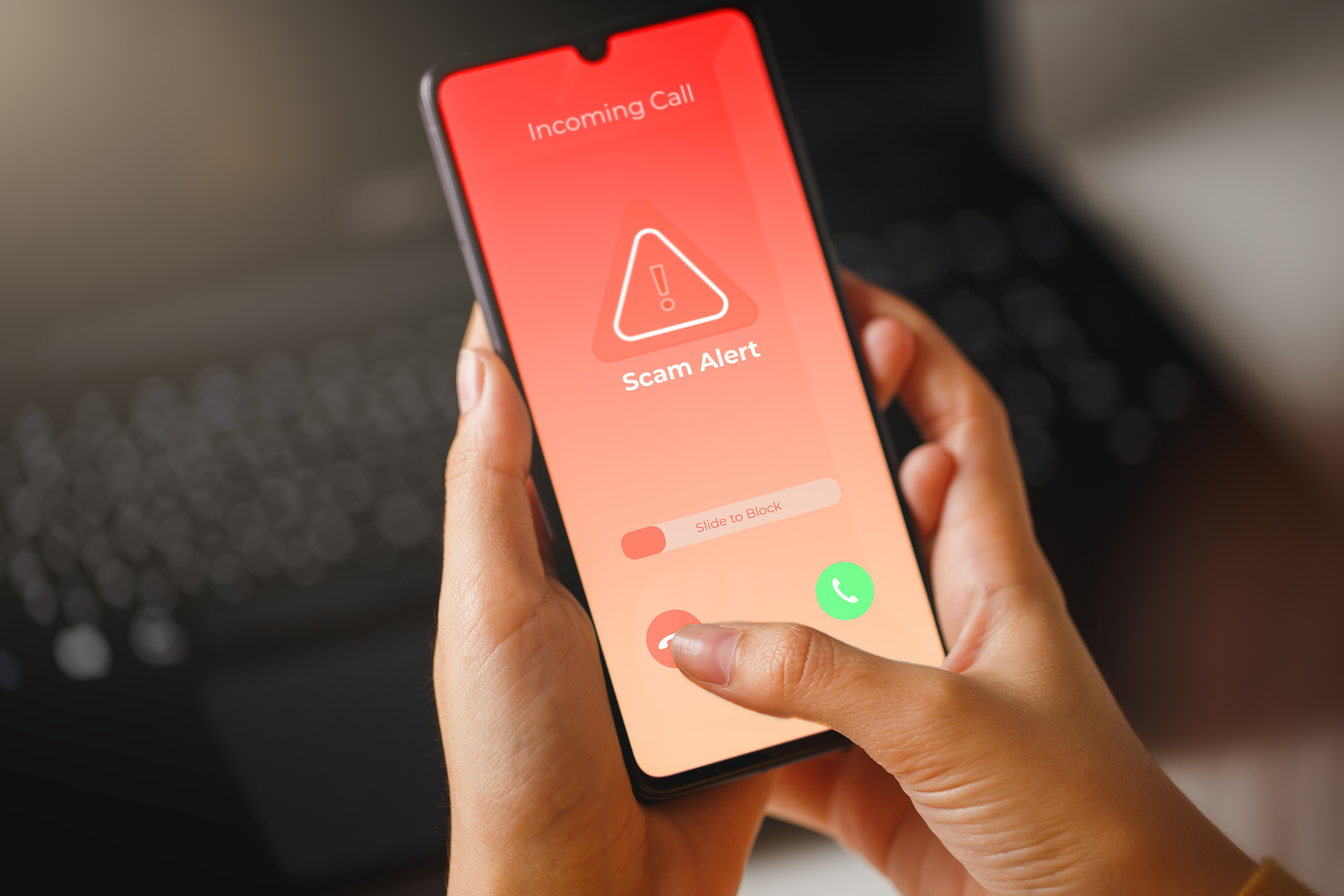The holiday season is a time for joy and celebration, but it’s also a time when scammers become more active, targeting unsuspecting individuals and families. As you prepare for festive gatherings, it’s crucial to remain vigilant against scams, especially those related to the energy and supplier industries. These scams can lead to financial losses, identity theft, and a lot of unnecessary stress. Here’s how you can protect yourself and your family from holiday scams.
1. Recognize Common Energy-Related Scams
Scammers often pose as legitimate energy providers or utility companies to steal personal information or money. Here are some common tactics to watch for:
-
Impersonation Calls: Fraudsters may call claiming to be your energy provider, threatening disconnection unless you make an immediate payment.
-
Phishing Emails: Fake emails designed to look like they’re from your utility company may ask you to provide sensitive information.
-
Door-to-Door Scams: Individuals may show up at your home pretending to offer discounts or new energy plans, asking for personal or financial details.
2. Verify Before You Act
If you receive a suspicious call, email, or visit, take these steps before providing any information:
-
Contact Your Provider Directly: Use the phone number listed on your bill or the company’s official website to verify the claim.
-
Inspect the Email Address: Legitimate companies use official email addresses. Be wary of slight misspellings.
-
Ask for Identification: If someone visits your home, ask to see their official ID and call your provider to confirm their identity.
3. Be Cautious with Payment Requests
Scammers often insist on unusual payment methods to avoid being traced. Here’s what to watch for:
-
Prepaid Cards: Be wary of requests to pay bills using gift cards or prepaid debit cards.
-
Wire Transfers: Scammers may ask you to send money via wire transfer, which is difficult to recover.
-
Cryptocurrency: Some fraudsters demand payment in cryptocurrencies like Bitcoin, a red flag for scams.
4. Monitor Your Accounts
Regularly check your bank and credit card statements for unauthorized transactions. Set up account alerts to notify you of unusual activity.
5. Educate Your Family
Talk to your family members, especially seniors and teenagers, about recognizing scams. Share examples of phishing emails, suspicious calls, and fake offers to make them aware of potential threats.
6. Report Suspicious Activity
If you suspect you’ve encountered a scam, report it immediately to:
Reporting scams helps protect others and aids authorities in tracking and shutting down fraudsters.
Conclusion
By staying vigilant and educating your family about holiday scams, you can safeguard your personal information and finances. Scammers often rely on urgency and fear, so taking the time to verify claims and understanding the red flags can make all the difference.
